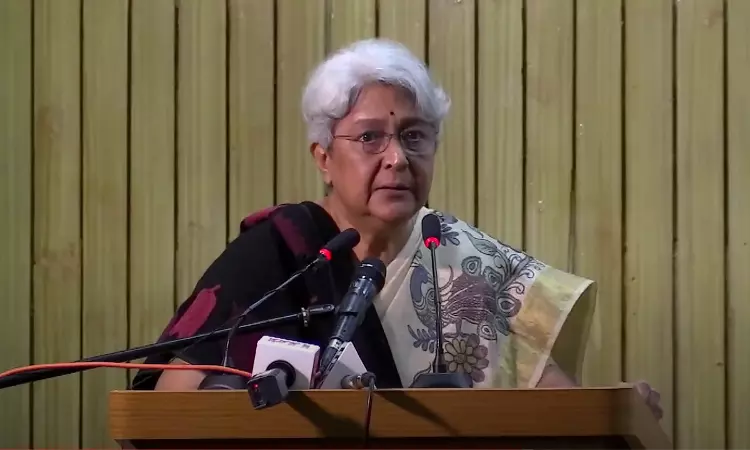On Saturday, while speaking on the issue of building a transparent and accountable collegium, Ms. R. Vaigai, Senior Advocate at the Madras High Court, disagreed with the recent Supreme Court judgment in the Victoria Gowri case which held that collegium decisions are beyond judicial review.Vagai, who was one of the petitioners who challenged the appointment of Justice Victoria Gowri, was...

